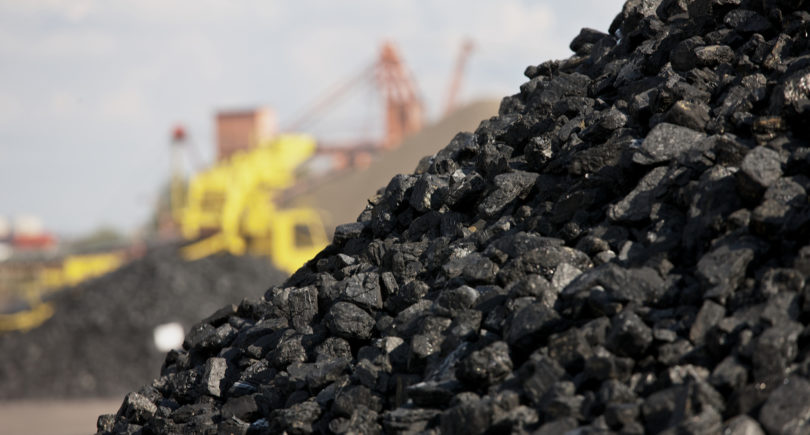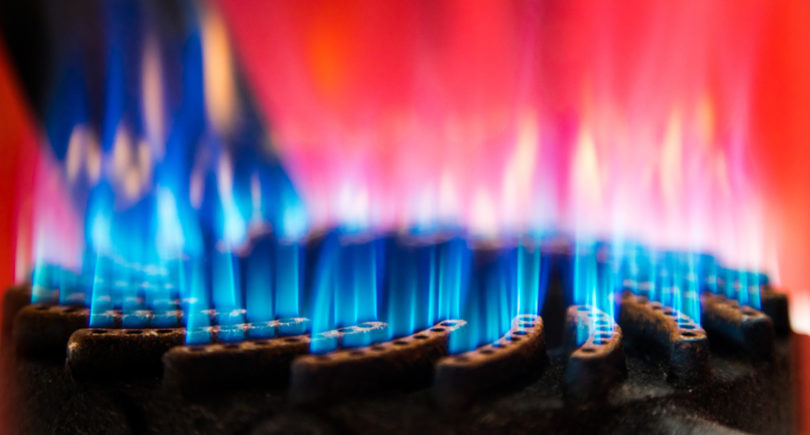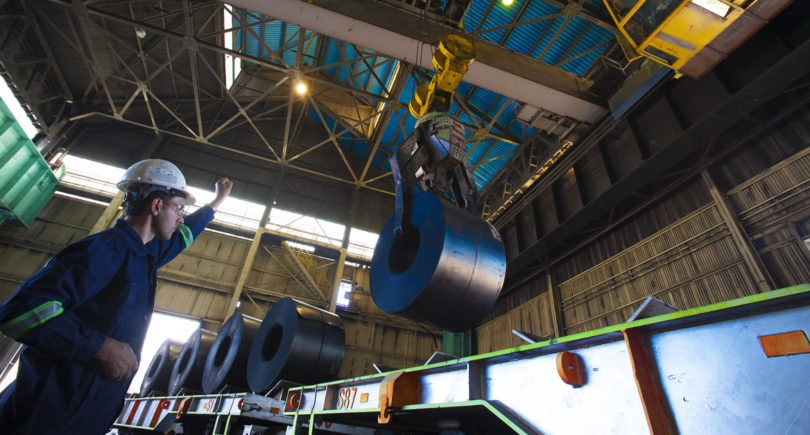
News Global Market The European energy crisis 1621 10 October 2022
In September 2022, energy inflation in the EU was 41%.
High energy prices, inflation and supply chain issues continue to affect steel consumption. Alessandro Sciamarelli, director of economic and market analysis’ department of the European Steel Producers’ Association (EUROFER), stated this at a specialized conference, reports SteelOrbis.
According to him, economic growth in the EU is slowing down from the third quarter of 2021 due to persistent negative factors – high energy prices, inflation and supply chain problems.
Alessandro Sciamarelli noted that the war in Ukraine further worsened GDP growth for Western economies. According to him, the US technically entered a recession starting from the second quarter of 2022, and that the EU may follow them in the last two quarters of 2022.
According to the expert, many industries suffer from the rapid increase in energy prices. In September 2022, energy inflation in the EU was 41%. The price of natural gas has increased by 15-20 times, but EUROFER believes that inflation should not exceed 10%.
“The current energy shock is more serious than the previous oil shocks, but the impact on Western economies, in particular the EU, may be smaller,” Alessandro Sciamarelli said.
In terms of economic forecasts, steel consumption in the EU is expected to decrease by 2.5% in 2022 and by approximately 2% in 2023. However, as the data show, the construction sector has proved to be quite stable and will continue to develop (however, according to forecasts, it will grow by only 0.7% in 2023). The automotive sector is also expected to grow by more than 15% next year.
According to the director of the economic and market analysis department of EUROFER, high prices for energy resources, in particular, for natural gas, will remain at least until the first quarter of 2023.
As GMK Center reported earlier, the European Steel Producers’ Association (EUROFER) again called on the EU to take urgent and more effective measures in the conditions of the energy crisis.
In particular, it is about the quick approval of anti-crisis state aid in view of the current circumstances. In particular, it is about the quick approval of anti-crisis state aid in view of the current circumstances. For example, such requirement as negative EBITDA (earnings before interest, taxes, depreciation and amortization) must be removed.




